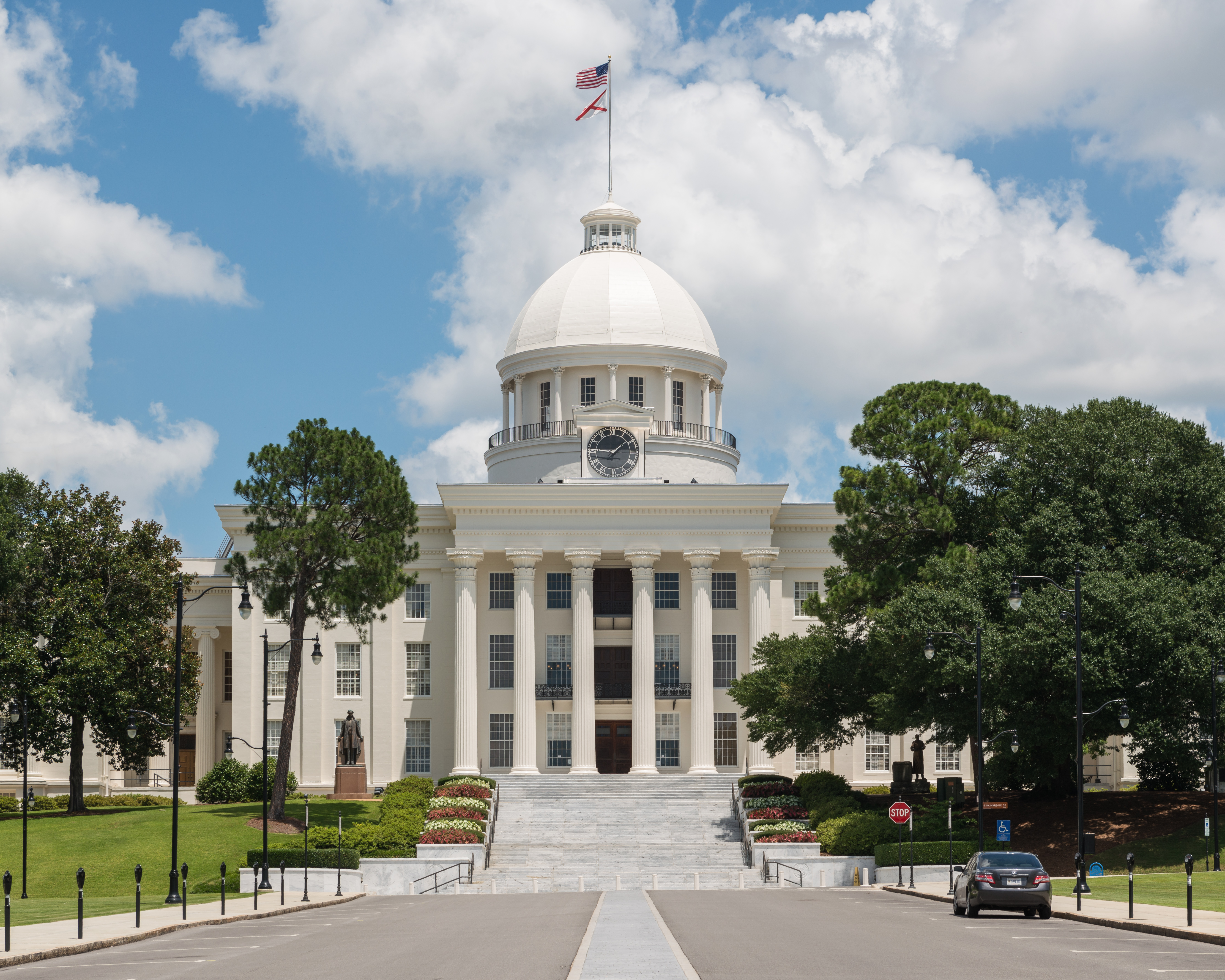

In Alabama, voters rejected Amendment 1, a constitutional amendment related to local legislation. The vote was 48.67% ‘Yes’ to 51.33% ‘No.’ The amendment would have eliminated the requirement for a budget isolation resolution for legislators to vote on local laws and constitutional amendments before the approval of budgets and without a 60% vote.
In 1984, voters in Alabama approved a constitutional amendment requiring the governor to present a proposed budget to the legislature by the second day of the legislative session. It also required that the legislature pass and present to the governor a bill making appropriations for the basic needs of the state and education before enacting any other legislation. A bill can be exempt from this requirement by a three-fifths (60%) vote, known as a budget isolation resolution. Since budget bills are typically passed as one of the last items in a legislative session, the provision effectively requires other legislation to receive a 60% vote on a budget isolation resolution before moving on to a second vote to pass the legislation itself.
Amendment 1 was passed unanimously in the state legislature during the 2023 legislative session.
Senator Clyde Chambliss Jr. (R-30), who sponsored the amendment in the legislature, said he proposed the change to remove an “unnecessary hurdle that has really had no effect on legislation.”
From 2000 through 2022, 100 constitutional amendments were on the ballot in Alabama. Of that total, 81 (81%) were approved by voters. On average, the Alabama ballot featured 8 constitutional amendments during even-year elections. During even-numbered years, between 4 and 15 constitutional amendments were on the ballot.
In 2024, more constitutional amendments could appear on the Nov. general election ballot in Alabama.
Also on Tuesday, voters in Montgomery County, Alabama, approved a measure to renew for 30 years a countywide property tax of $350 per $100,000 of a property’s assessed value to provide funding for public school purposes.